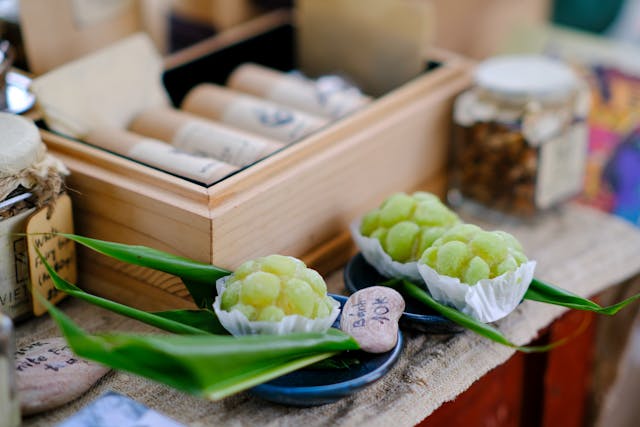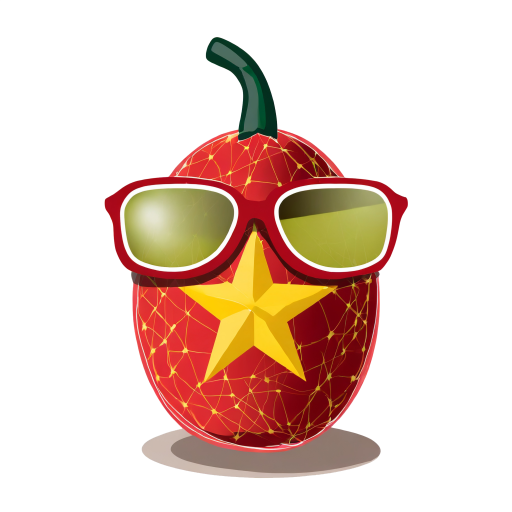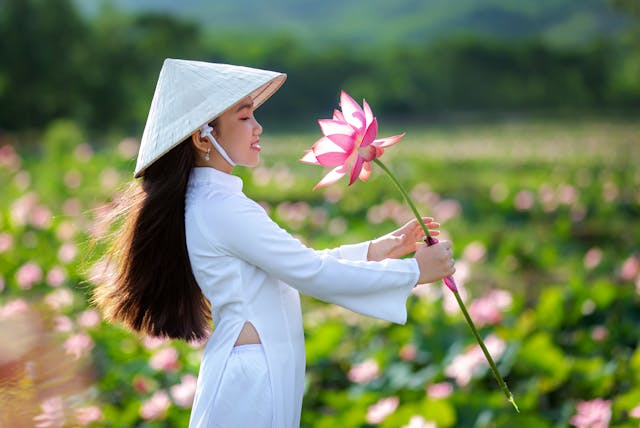Vietnam is a land rich in history, culture, and deeply held beliefs. Many aspects of daily life in Vietnam—especially in rural areas—are shaped by superstitions, taboos, and practices rooted in folk religion, Confucian ethics, and ancient animist traditions.
As a tourist, knowing some of these superstitions can help you avoid cultural faux pas, show respect, and enjoy a more immersive experience. Here are some unusual Vietnamese superstitions and taboos worth knowing.
What Shapes Superstitions in Vietnam
Before diving into specific superstitions, it helps to understand their origin. Vietnamese beliefs are influenced by a mix of:
-
Ancestor worship and spirits (ma, hồn, vong) where deceased relatives are believed to watch over the living or return as wandering souls if rituals are not properly conducted.
-
Eastern medicine ideas of balance (hot/cold, yin/yang) influencing diet and health practices.
-
Confucian respect and family hierarchy, combined with traditional folk customs.
These foundations create a set of beliefs that shape what people do (or avoid doing) in everyday life, especially during important festivals like Tết (Vietnamese Lunar New Year).
1. Tết Superstitions — What Not to Do During the New Year
The Lunar New Year (Tết) is one of the most important cultural events in Vietnam. Many unusual superstitions apply during this period:
-
Avoid sweeping or cleaning on the first few days of Tết because it’s believed you might sweep away good fortune or luck for the coming year.
-
No funerals are allowed during the first three days of Tết. It’s considered bad luck to bring death into the holiday period.
-
Don’t break glass or ceramics. If a bowl, cup, or plate is broken, it’s seen as a bad omen symbolizing broken relationships or bad luck ahead.
As a visitor, it’s wise to be especially careful not to break or damage items in someone’s home, especially around Tết.
2. Household and Dining Taboos
Superstitions aren’t just for festivals—they play a role in everyday behavior:
-
Chopsticks upright in rice bowls: Sticking chopsticks upright like incense in a rice bowl is considered extremely bad luck, as it resembles incense sticks used to honor the dead.
-
Mirror placement: Mirrors are powerful in feng shui beliefs. A mirror facing a door or positioned at the foot of the bed is thought to cause restless spirits, nightmares, or reflect negative energy.
-
Stepping over someone who is lying down is believed to bring them bad luck or cause misfortune.
These might sound strange if you’re not used to them, but respecting them shows sensitivity to local culture.
3. Ghosts, Spirits, and the Hungry Month
Beliefs in ghosts and spirits are deeply ingrained in Vietnamese culture, and there are specific times when people are especially mindful.
-
In the seventh month of the lunar calendar, often called the “Hungry Ghosts Month,” it’s believed the gates of the underworld open and spirits roam among the living. Many Vietnamese are more cautious during this month—avoiding swimming, staying out late, or doing anything that might attract malevolent spirits.
-
Sleeping with feet pointing toward the door is considered unlucky because the door (especially at night) is thought of as a path for spirits. Feet toward the door are sometimes interpreted as inviting or exposing oneself to danger.
Being aware of these beliefs can help tourists show respect—and avoid inadvertently causing discomfort or alarm.

4. Superstitions Around Birth and Children
Newborns and young children are often at the center of many taboos and rituals, rooted in older beliefs about purity, protection, and evil spirits.
-
Right after birth, certain foods are avoided by the mother, and there are dietary rules to follow thought to protect both mother and baby.
-
Praise: Saying a baby is “cute” or “beautiful” without a preface (like “trộm vía,” meaning “steal a little soul”) is avoided, because it’s believed that praising too openly might draw negative attention or bad spirits.
If traveling with infants or young children, knowing these beliefs—and being sensitive—can help ease interactions with local hosts.
5. Numerology, Gifts, and Other Taboos
Certain numbers, colors, and gift choices carry superstitious meaning:
-
The number 4 is often avoided because it sounds like the word for “death” in Vietnamese. On the other hand, numbers like 6, 8, and 9 are considered lucky. Addresses, phone numbers, and other situations sometimes reflect this preference.
-
Colors: White and black are often associated with mourning. Giving gifts wrapped in black or white — or wearing those colors during happy events — can be considered bad luck.
-
First visitor after Tết: The first guest to enter a home after Tết has symbolic importance. It’s believed their presence (and how they behave) can influence the family’s luck for the rest of the year.
Practical Tips for Tourists
Knowing these superstitions is helpful, but here are some practical tips to apply this knowledge:
-
Observe before participating: If invited to someone’s home or to a family event, wait and see what locals do—follow their lead.
-
Use neutral gifts and colors: If bringing gifts, avoid sharp items, clocks, or anything black or white wrapping unless you are sure it’s acceptable.
-
Pay attention to timing: Around Tết or Hungry Ghosts Month, avoid actions considered unlucky like cleaning, sweeping, or using needles/sharp objects.
-
Show respect for ancestral traditions: If you see an altar, incense, or offerings, be quiet, avoid touching, and behave respectfully.
Why These Beliefs Matter for Travelers
-
Cultural respect: Understanding superstitions shows that you value local beliefs—even if you don’t share them.
-
Avoiding misunderstandings: What seems small to you (breaking a dish, sticking chopsticks upright, forgetting color symbolism) could offend or be seen as disrespectful.
-
Deeper experiences: Engaging with these traditions can lead to more meaningful conversations with locals and richer travel memories.
Final Thoughts
Vietnam is a country where ancient beliefs live alongside rapid modernization. Many Vietnamese people balance superstition with practicality. As a traveler, knowing some of the more unusual customs—things that might seem small or strange to outsiders—can help you travel more smoothly and empathetically. From the taboos of Tết to beliefs about ghosts, numbers, gifts, and diet, these superstitions are part of what makes Vietnamese culture so rich and unique.
When in Vietnam, keep your curiosity open and your awareness high. And remember—sometimes respecting a superstition isn’t about believing it; it’s simply about respect, mindfulness, and connection.
Featured Image: Vietnamese Woman with Flower | Photo by Võ Văn Tiến

